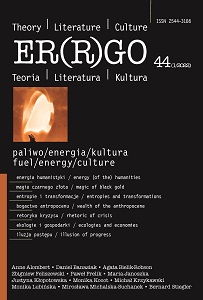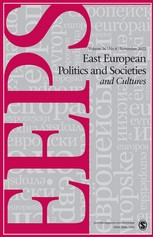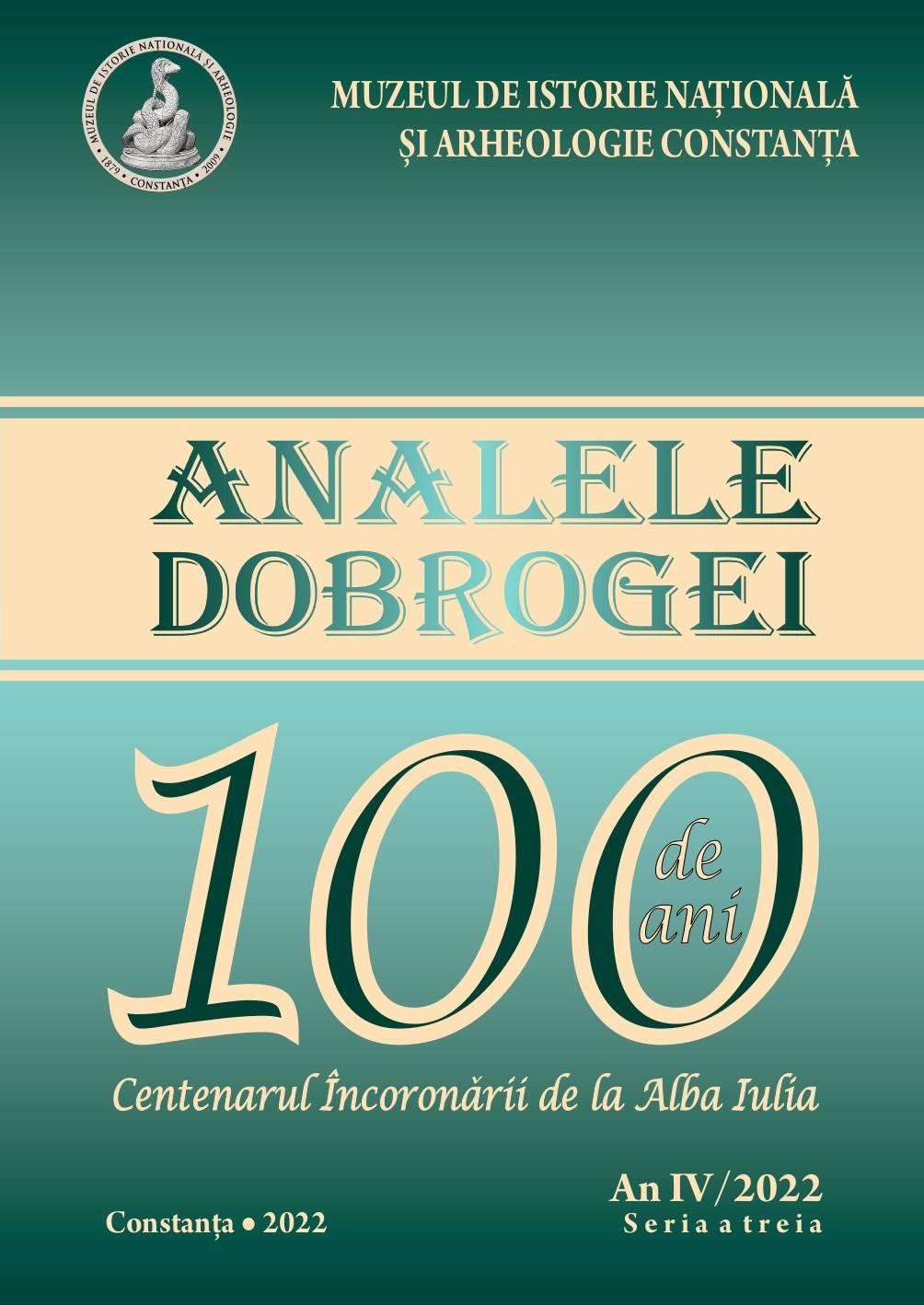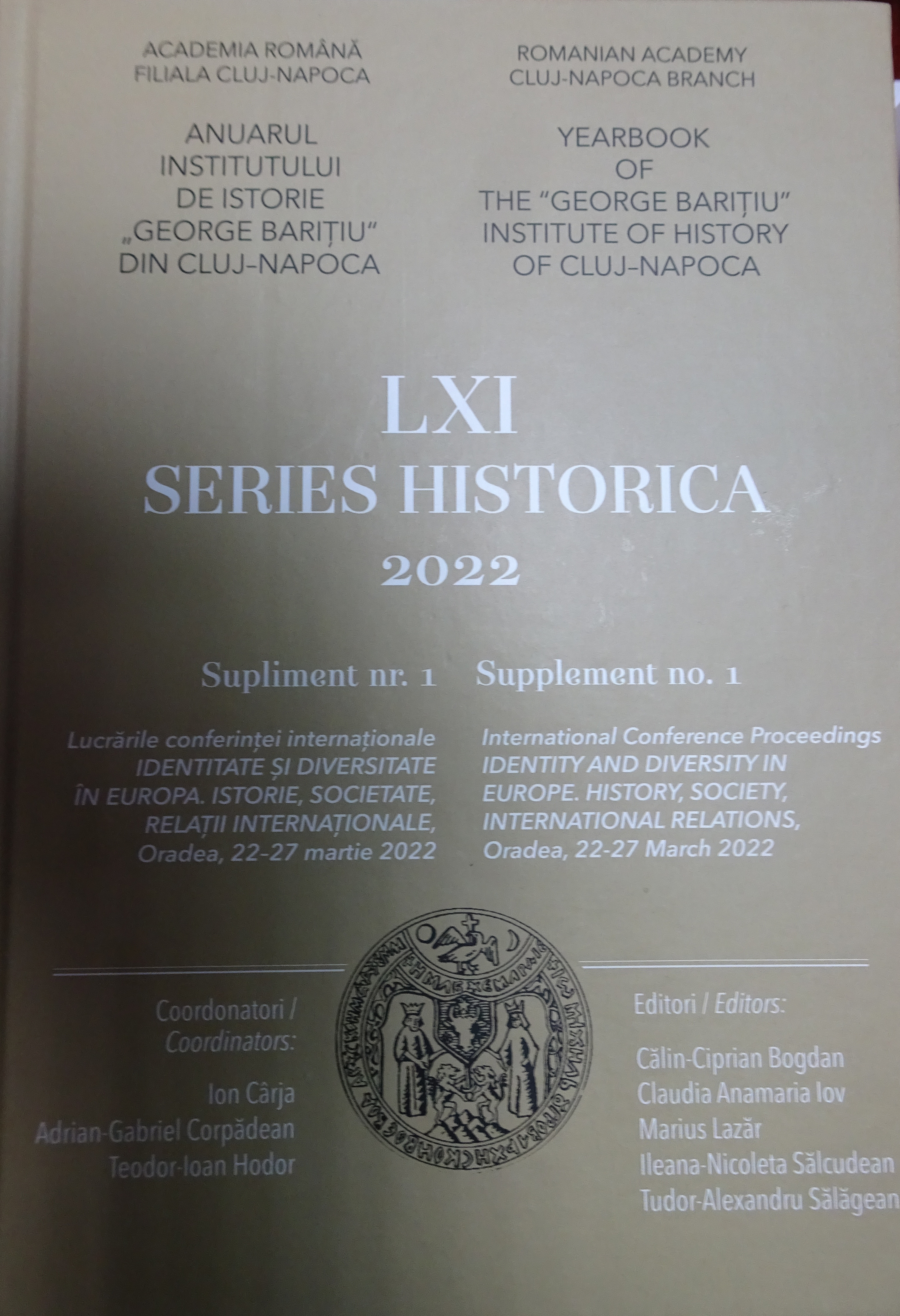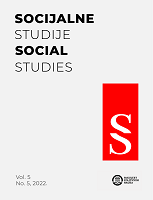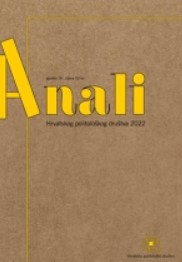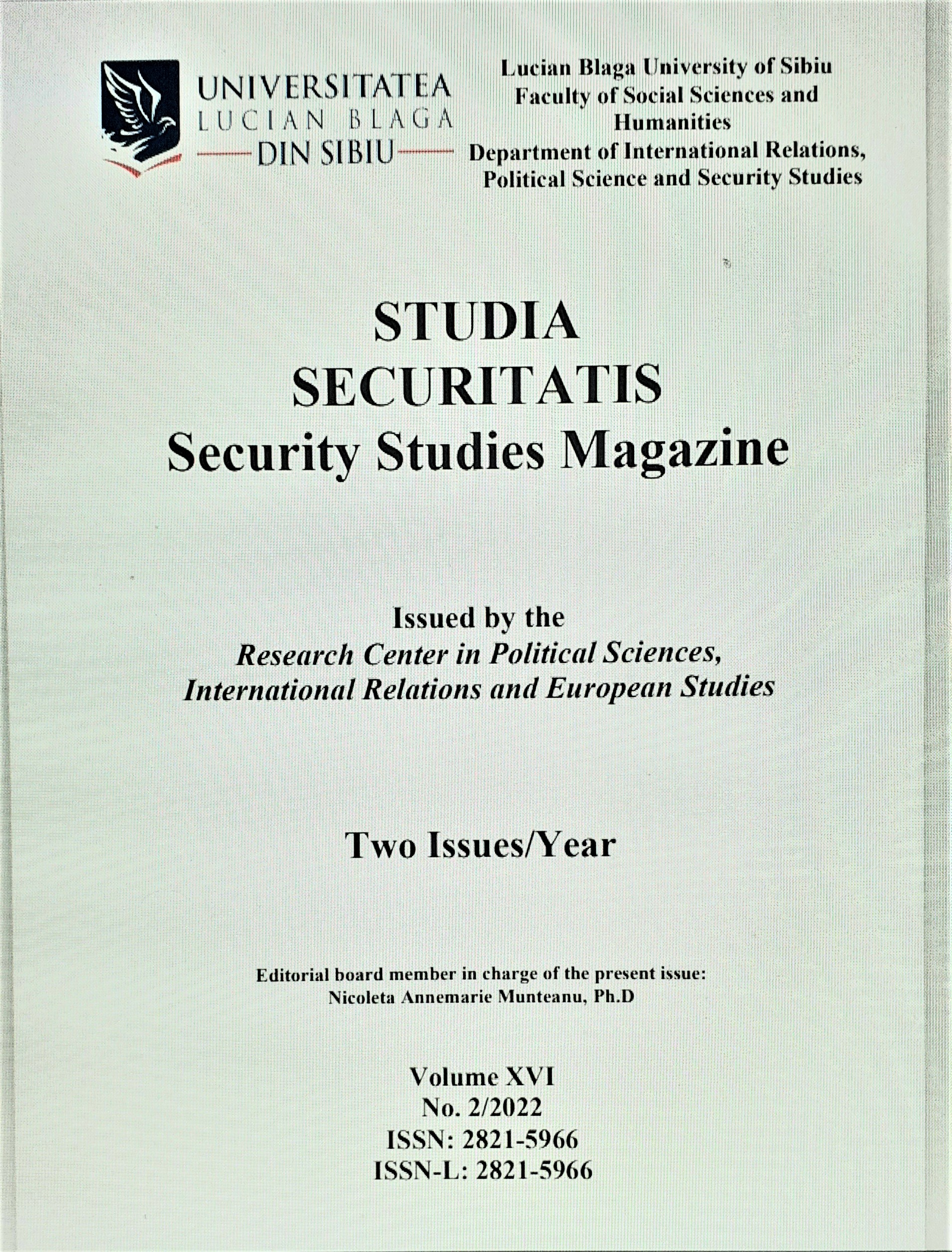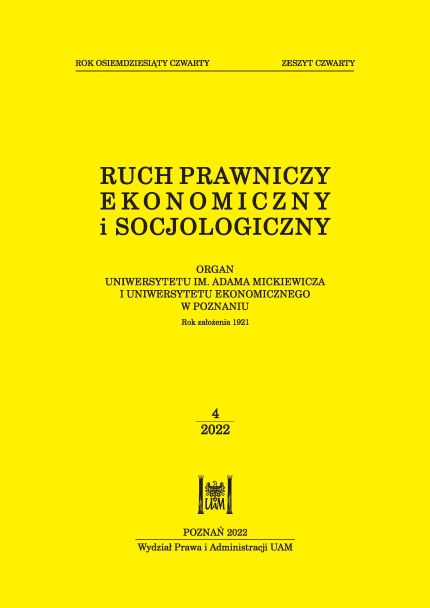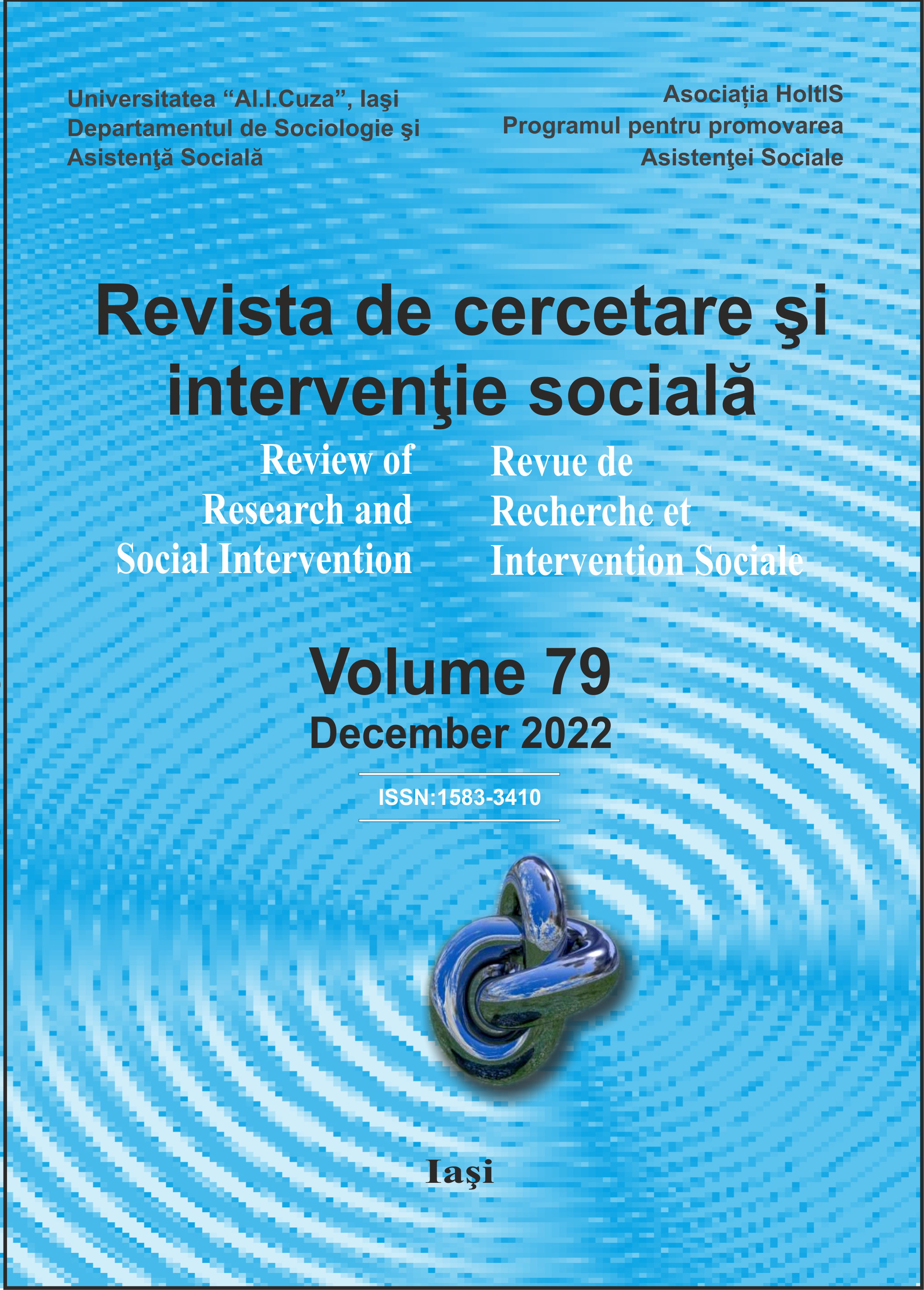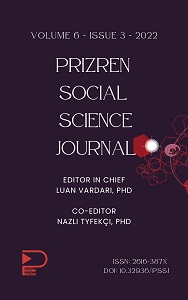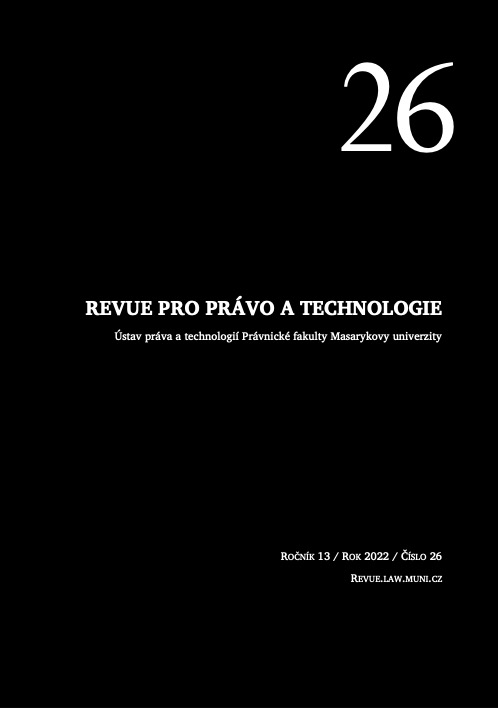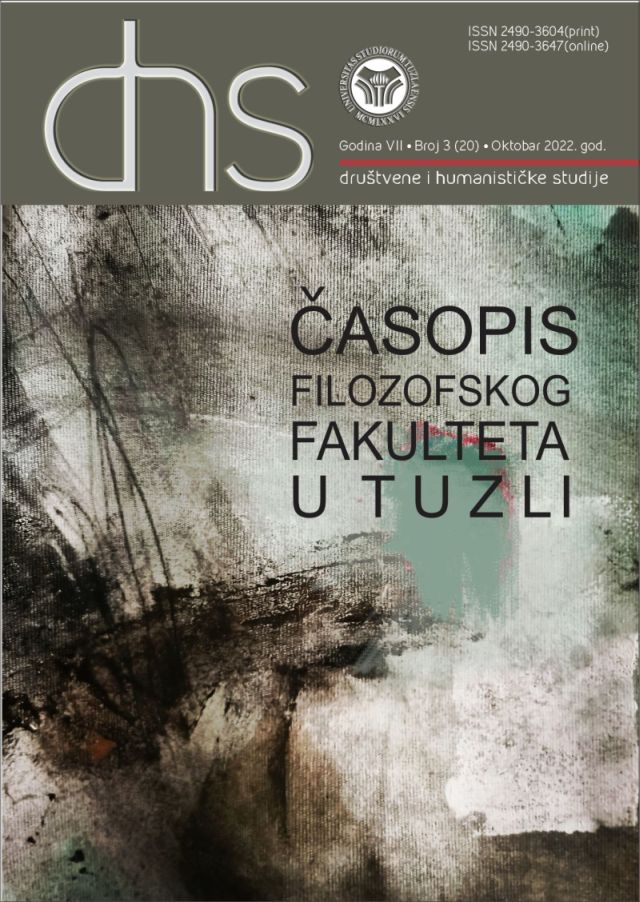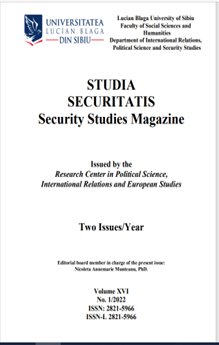
ENSURING THE CONVICTORS’ RIGHT TO PERSONAL SECURITY
The article is devoted to the legal and organizational aspects of ensuring the right of detainees to personal security. Ensuring the personal security of convicts during the execution of the sentence is one of the basic tasks of the executive-criminal system. Thus, a legal feature of personal security is presented in the context of ensuring the right of convicts to personal security. A classification of the normative acts that regulate the measures to ensure the personal security of the convicts in the process of executing the criminal sentences of deprivation of liberty is made. The author also made an analysis of the legal basis that regulates the issues related to ensuring the personal security of detainees. The analyzed normative acts represent a basis for the improvement of the legal regulation of the personal security of the convicts. In this context, an analysis of the existing problems in this field is made at the current stage. Also, the regime measures of ensuring the personal security of the convicts in the process of execution of the custodial sentences are examined. Finally, measures to ensure the safety of convicts in the execution of sentences are examined.
More...
